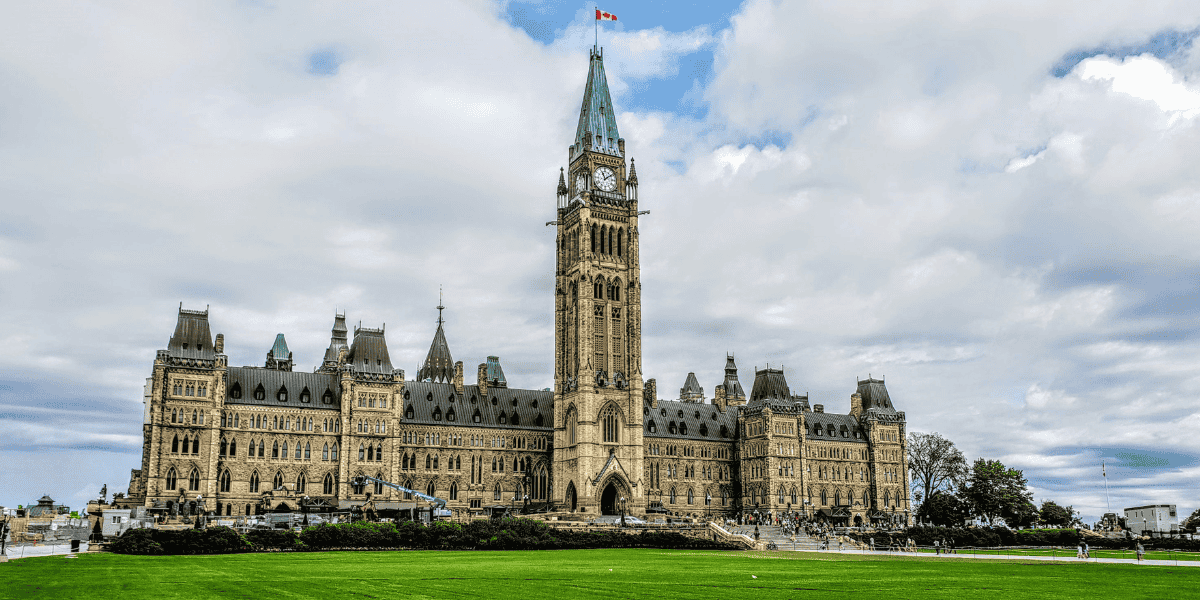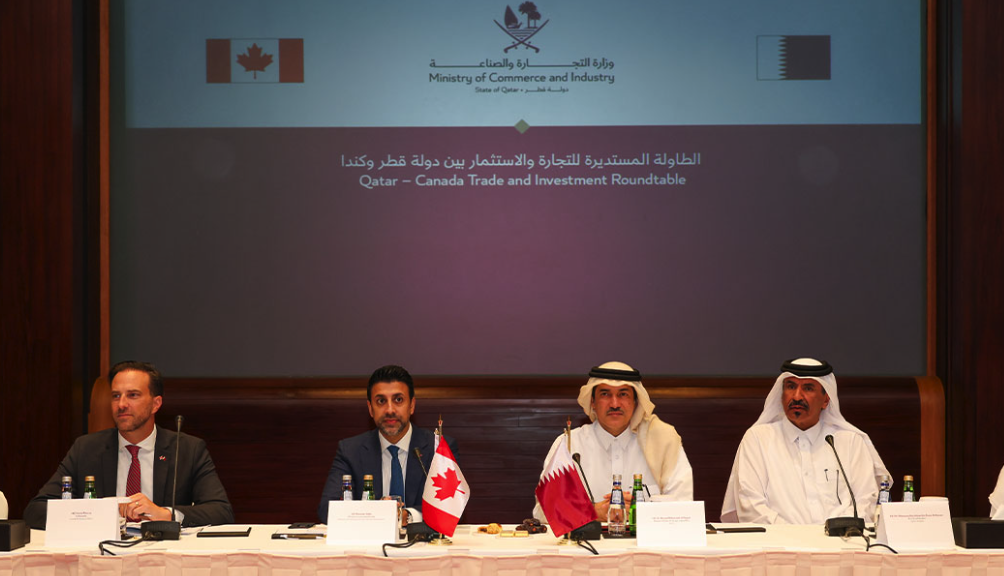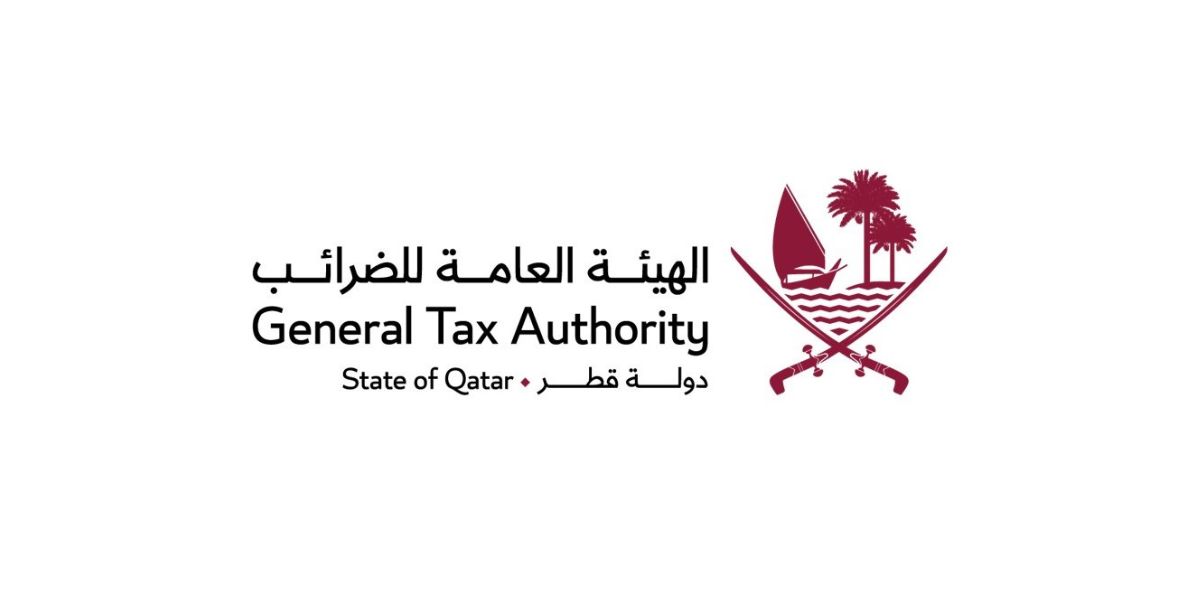Qatar’s General Tax Authority has announced that the Shura Council (parliament) has approved amendments to implement measures for the Pillar Two global minimum tax.
During its regular weekly session convened on 23 December 2024 at the Council’s premises, the Shura Council, under the chairmanship of His Excellency the Speaker, Hassan bin Abdullah Al Ghanim, approved amendments to select provisions of the Income Tax Law promulgated under Law No. 24 of 2018. This measure aims to uphold tax parity and fairness between local and multinational companies operating in Qatar through the introduction of a 15% global minimum corporate tax rate.
The General Tax Authority (GTA) clarified that the new amendment applies to global multinational companies and enterprises with foreign branches that generate annual revenues exceeding QAR 3 billion. This includes both Qatari companies with branches abroad and international companies with branches in Qatar.
The GTA further specified that the amendment excludes individual taxpayers and local companies in Qatar, maintaining the existing 10% corporate income tax to maintain regulatory consistency and promote fairness and equity.
The GTA highlighted that the amendment delivers substantial economic benefits, primarily by shielding multinational Qatari companies from the 15% tax abroad and ensuring that tax revenues remain within Qatar to support the national economy. It further added that, in the absence of local collection, this tax rate would be imposed by other countries on the targeted companies.
The amendment to the law is designed to enable multinational companies to file their tax returns for the Domestic Minimum Top-up Tax (QDMTT) in Qatar, ensuring compliance with the standards set by the Organisation for Economic Co-operation and Development (OECD) and the G20.
In October 2021, over 140 countries endorsed the G20 and OECD initiatives to implement the global regulations defined in Pillar One and Pillar Two. These measures are designed to tackle tax challenges arising from the digitalisation of the economy and to safeguard national tax bases by establishing a global minimum tax for multinational corporations.
















